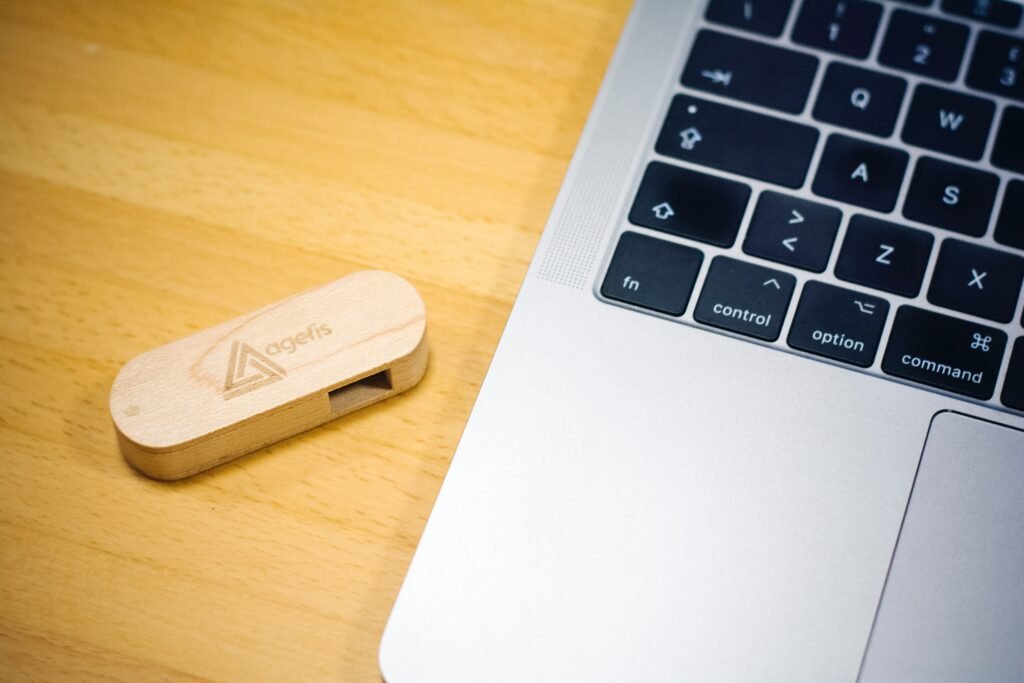Like most startups that start their journey being bootstrapped, IoT, and hardware startups face more challenges when compared to software startups. Launching IoT and hardware products not only consume resource and time but at times require a learning curve that checks the startup’s adaptability to alterations in technology. Here, we will cover the best practices for IoT and hardware startups that can prove beneficial not only for brand new enterprises but also for organizations that are stuck in the middle of the procedure.
All of us know building a physical team is different than working on a software solution as it comes with more challenges. Thus, guidance from experts is important for engineers when deciding on further actions for their projects. A software tool to consider is the ANSYS startup program, which provides eligible hardware startup access to the world’s top engineering simulation software.
Best Practices for IoT and Hardware Startups
Pitch in and consider feedback
Pitching is a skill that needs practice and usually happens in front of an undetermined audience that will judge the startup critically. Therefore, preparation is important. Weaknesses are common, and they are generally obvious to all except you; therefore, by sharing your own idea, people can pinpoint flaws.
Keep in mind that you need to pitch your idea many times to different people and each time they will have something new to say. Celebrate the compliments you get but not turn your back to the appropriate feedback that could enhance the product and the development procedure.
Pitching is a method to market your idea and reach investors or even new clients. If a reporter thinks that your idea is worthy, the possibility of being published in tech websites, magazines, and blogs is high. Keep your presentation clear and keep everyone focused. Find out who your audience is and make the preparations accordingly.
Significance of the startup ecosystem in your city
Your respective city’s startup ecosystem directly affects the success of your IoT and hardware startup. The ecosystem involves people, startups in their different stages of development, and companies that support their activities. All of them interact as a system to develop new startup companies. By placing yourself in a startup hub, you achieve access to valuable resources, like connections with other startups, governmental institutions, related events, and investors.

Some cities have well developed a startup ecosystem hub with all important resources, whereas others are still striving to build one. Understanding the position of your city in the startup ecosystem ranking can help you make strategic decisions.
What are your hardware startup requirements?
As a founder, you must understand your company’s requirements to grow. Recognize the goals of your project; whether it is an investment to begin and scale, a strategic partnership, sales, or any other problem you need to handle in the coming future. It is significant to determine these requirements, so you and your team are in the same position instead of everyone firing off on a distinct trajectory.
Once the objectives are determined, develop a plan on how to attain them. The plan must be realistic. Consider all the possible pros and cons while keeping in mind that unplanned events will arise.
Everything cannot be done by you
Seeing the way to succeed as a group effort instead of an individual achievement strengthens your project in several ways. Hardware founders are famous for their hand-on attitude, but the number of tasks to handle is generally higher or hardware vs software solutions. And, this is where a couple of additional hands can be useful.
As soon as you find that 24 hours is not sufficient to accomplish all the assignments of a day, find a co-founder with complementary skills who can compensate for the abilities you lack. You can make use of networking events, coworking, or join a community to share your journey with others.
Given that hardware startup projects can support, attract, and enable several people with various ambitions and skills, you might want to protect yourself up with not one but many team members. This way, your small yet important tasks will be taken care of and you will be able to focus on more urgent connections and developments.
Creating milestones
Another important thing to note is that people interested in investing in your idea generally arrive late during this process. It is not a coincidence that investors prefer supporting projects that have milestones attained rather than those who have an idea, as the assets of investors are at a risk. Even a small milestone attained can mean the difference between receiving money and being disheartened.
Allow your potential clients as well as investors know what has already been done, and share each milestone which your company has reached, even if they are not impressive. By doing this, you allow your investors know that you have a great idea, and you are following it. Ideas for investors are regarded as irrelevant; they require tangible attainments to calculate your potential.
We understand that the significance of attained milestones at an initial stage could be hard to calculate, and even difficult to decide if they are worthy of mention. Here are some of the common examples of milestones that you can share:
- We follow a working prototype
- I have a demo for you
- X amount of people bought the product on crowdfunding campaigns
- Got the initial amount from….
- We have listed a patent
Accelerators
One of the best practices for IoT and hardware startups is to use accelerators. Hardware startups can be difficult than software solutions because if the higher composition of resources and longer time to create working products. Accelerators can be a great source for a startup, in addition to financial support, they offer mentoring, access to various resources, and important investor networks. By joining the right accelerator program, advertisers can fasten the development of their business.
Selecting a suitable accelerator for your hardware startup might need you to be more vigilant, as it is significant that your accelerator aligns with your business philosophy. Some of the parameters you need to check before making a final choice include do they align with your objectives, do they have great mentors on board, what level of equity do they require, what are the areas of expertise, and what is their earlier track record.
Not every accelerator will fulfill the specific needs of your IoT and hardware startup. It could happen that at the end of this program, you feel as if you have wasted your time. To avoid this, you must research about relevant accelerators and gauge their experience in working with different hardware solutions before making ant type of commitments.
Corporates
Another one among the best practices for IoT and hardware startups include corporations for enhancing innovation. Such type of relationship can benefit both sides, assisting startups to create their products and scale while helping corporations to create or enter new markets. For such reasons, an IoT and hardware startup founder might want to consider collaboration with a large corporation. While startups are innovative and faster in their ideas, technologies, approaches, corporations provide much needed financial resources as well as connections. Having a strong backup would immediately grant your startup a bright validation of trustworthiness and quality among future clients and investors.

Crowdfunding (B2C)
If you are looking for ways to raise funding for your hardware startup, chances are you’ve already thought about crowdfunding. Some of the most popular platforms to do this are Kickstarter and Crowdfunding. Building hardware and IoT startup is usually more resource hungry as compared to a software solution since you are making a physical product. It’s very likely the best way to start is by using B2C channels for your hardware startup.
Crowdfunding can be useful in several ways. If your campaign is successful, you get validation of an existing demand in the market for your product. At the same time, you gain knowledge on how to market your idea, reach your target customer, and sell your product. By using this platform, you gather upfront payments that make the building of a physical product possible. We provide a series of important tips on how to run a successful crowdfunding campaign here.
When choosing a crowdfunding method, you must remember that it will not necessarily be an easier process than other ways of raising investments. It can be both time and money consuming to build up interest before the project is launched. Failing to meet your funding target will also result in zero funds since they will be returned to your investors.
These are some of the best practices for IoT and hardware startups. If you are a startup founder, share your experiences and practices with us!
